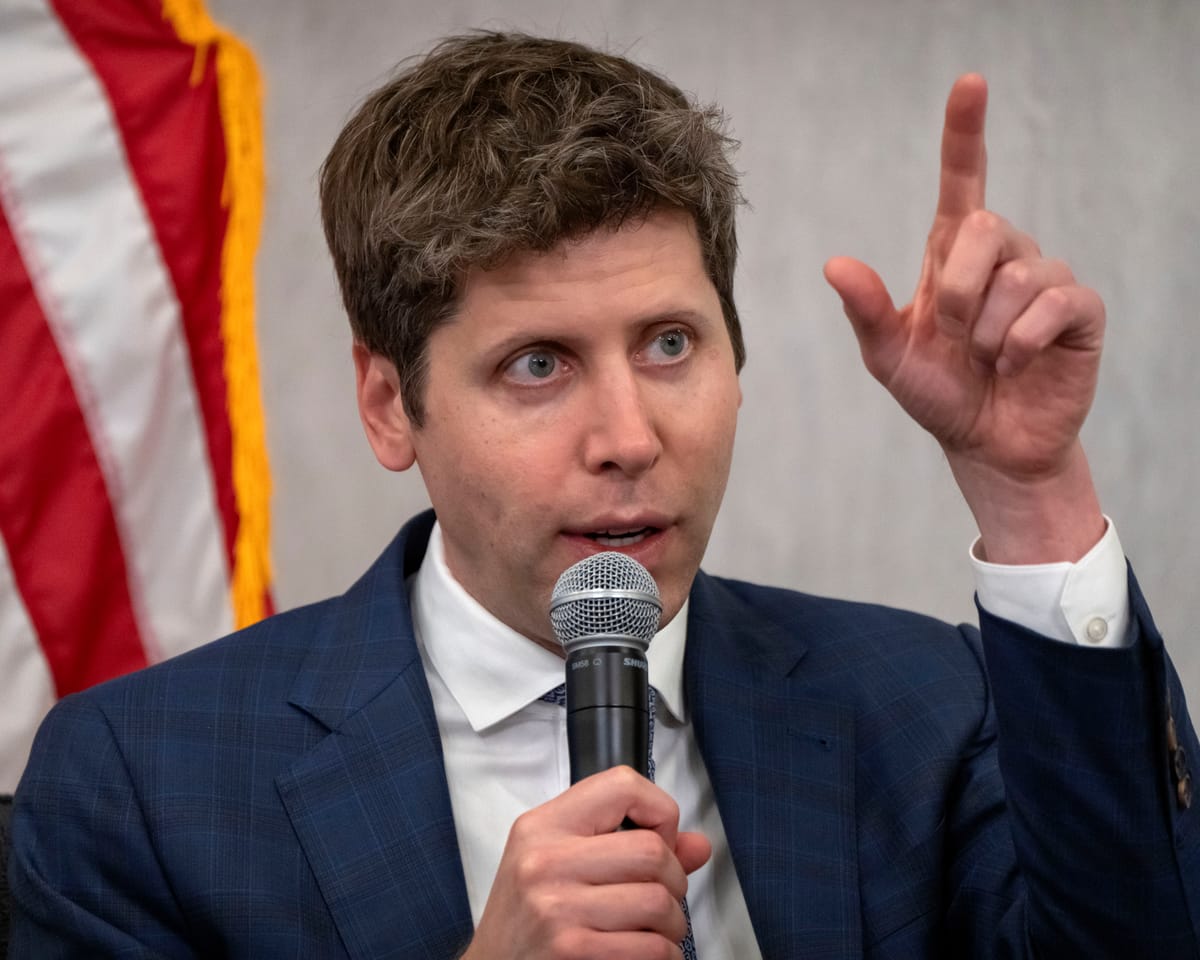During his recent visit to Washington, OpenAI’s CEO, Sam Altman, outlined a future shaped by artificial intelligence, predicting the disappearance of entire job sectors, AI-driven guidance for government leaders, and the potential use of advanced AI as a weapon by adversarial nations. At the same time, he positioned his company as a key player in shaping this technological evolution.
Speaking at the Federal Reserve’s Capital Framework for Large Banks conference, Altman stated that certain jobs would be entirely eliminated by AI progress.
“Some roles, I believe, will completely vanish,” he said, emphasizing customer support positions. “When you contact customer service now, you’re interacting with AI—and that’s acceptable.”
Altman claimed that customer service had already undergone significant transformation, telling Federal Reserve vice-chair for supervision Michelle Bowman, “Now when you call, an AI responds. It’s highly intelligent, efficient, and makes no errors—it handles everything a human agent could, without delays or missteps.”
He then shifted focus to healthcare, suggesting AI’s diagnostic skills often exceed those of human doctors, though he hesitated to endorse full reliance on AI for medical decisions.
“Today, ChatGPT generally provides more accurate diagnoses than most doctors,” he noted. “But people still prefer human physicians. Personally, I wouldn’t entrust my health solely to AI without a doctor’s oversight.”
Altman’s trip coincided with the Trump administration’s introduction of an AI strategy aimed at refining regulations and expanding data infrastructure. His engagement with federal officials marked a shift from previous years; while OpenAI and competitors had sought regulation under the Biden administration, discussions under Trump’s leadership now emphasize outpacing China in AI development.
During a public discussion, Altman expressed concerns about AI’s destructive potential, particularly the risk of adversarial nations targeting the US financial system. Despite recognizing the benefits of AI in areas like voice replication, he warned of its misuse in fraud and identity theft, noting that some institutions still use voice recognition for verification.
OpenAI and Altman have now intensified their focus on Washington, striving to influence the path of AI governance.
Read next

"AirPods Pro 3 reviewed: Upgraded battery, superior noise cancellation, top-tier performance"
Apple’s widely used AirPods Pro wireless earbuds have returned for their third iteration, offering improvements in comfort, battery performance, integrated heart rate tracking, and enhanced noise cancellation. The new model appears poised to be as prevalent as earlier versions.
Three years have passed since the previous release, yet the

"Peter Thiel's secret talks on antichrist shed more light on him than doomsday"
Peter Thiel’s Unusual Academic Pursuits
Peter Thiel is known for his skepticism toward academia. Yet, in four recent private lectures in San Francisco discussing the antichrist, the billionaire investor has made an unexpected case for intellectual credentials.
During these wide-ranging talks, Thiel appeared to channel the eclectic thinking he

"X resolves $128M severance dispute with former Twitter executives"
# Elon Musk and X Reach Settlement with Former Twitter Executives Over Severance Dispute
Elon Musk and X have resolved a legal dispute with four former high-ranking executives of Twitter, including the company’s ex-CEO, who alleged that the billionaire withheld $128 million in severance payments after acquiring the social media

